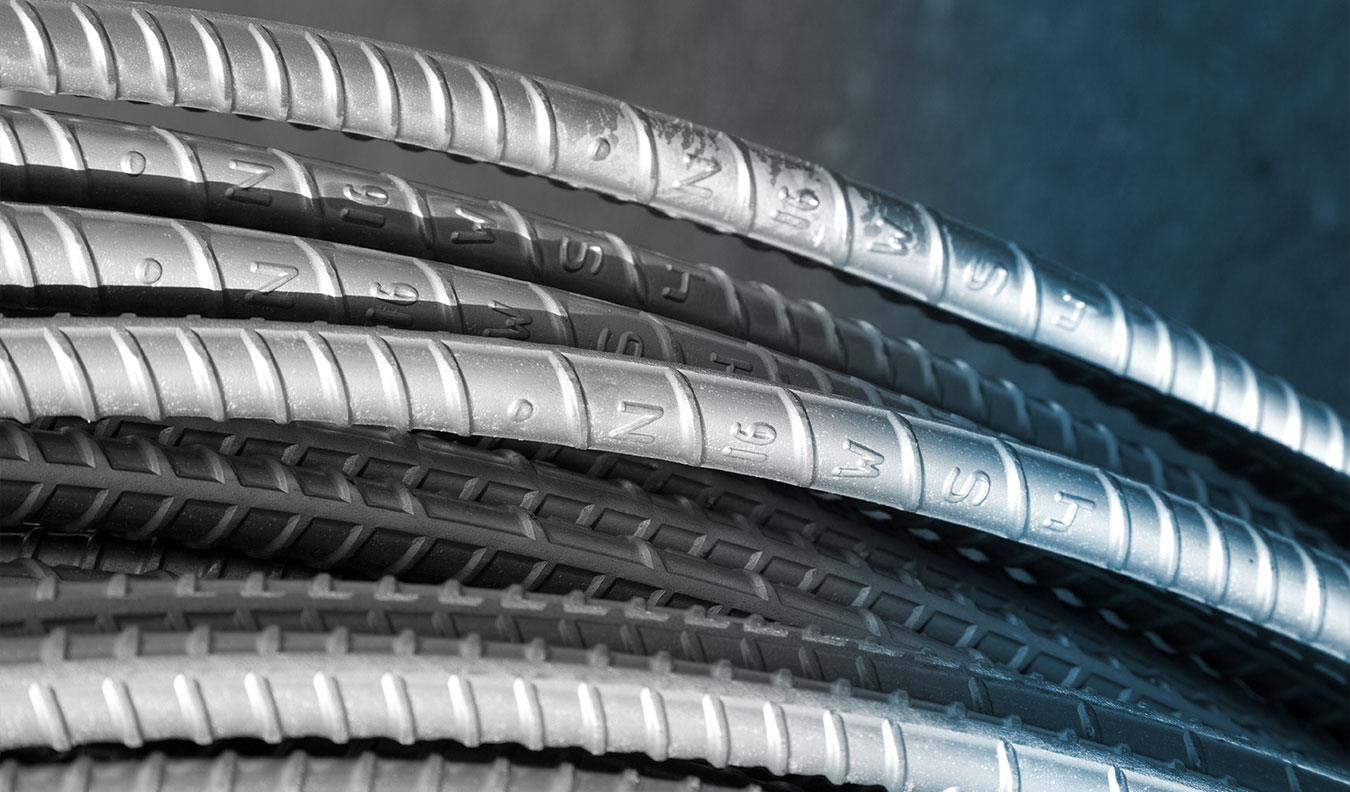FATIGUE STRENGTHENING OF STEEL BRIDGES WITH ADHESIVELY BONDED CFRP LAMINATES: CASE STUDY, 2020
ABSTRACT
One of the aims of applying sustainable development to bridge infrastructure was to provide bridge owners with strengthening solutions that could lead to increased service life for existing structures. In the case of steel bridges, the assessment of the remaining service life is most often linked to the determination of structural deterioration caused by corrosion and fatigue. Damage caused by fatigue is very difficult to assess before crack initiation and is more likely to occur in older structures, where the phenomenon was not taken into account in designs before 1970. In addition, old steel materials display more brittle behavior. To meet these challenges, a preventive methodology for fatigue strengthening of steel structures was developed. The method begins with scheduling a fatigue design analysis of the existing construction to determine the most fatigue damage exposed construction elements of the bridge. The remaining fatigue life of these elements can be increased with a strengthening solution based on the use of adhesively bonded ultra-high modulus (UHM) carbon fiber–reinforced polymer (CFRP) plates, which were applied to a steel surface before failure indicators such as cracks arise. This article presents the development process of this preventive method and a demonstrative application to an existing bridge (Jarama Bridge). Strain measurement was carried out to verify the theoretical expectations of the reinforcement. Different parameters were studied, including the influence of low traffic volumes during the reinforcement application. The results proved the efficiency of this system for the structure under study.
– S. Chataigner; M. Wahbeh; D. Garcia-Sanchez; K. Benzarti; V. Birtel; M. Fischer; L. Sopeña; R. Boundouki; F. Lehmann; E. Martín; G. Gemignani; and M. Zalbide, 2020. Fatigue Strengthening of Steel Bridges with Adhesively Bonded CFRP Laminates: Case Study. Journal of Composites for Construction, 24(3).
This material may be downloaded for personal use only. Any other use requires prior permission of the American Society of Civil Engineers. This material may be found at ASCE Library.
